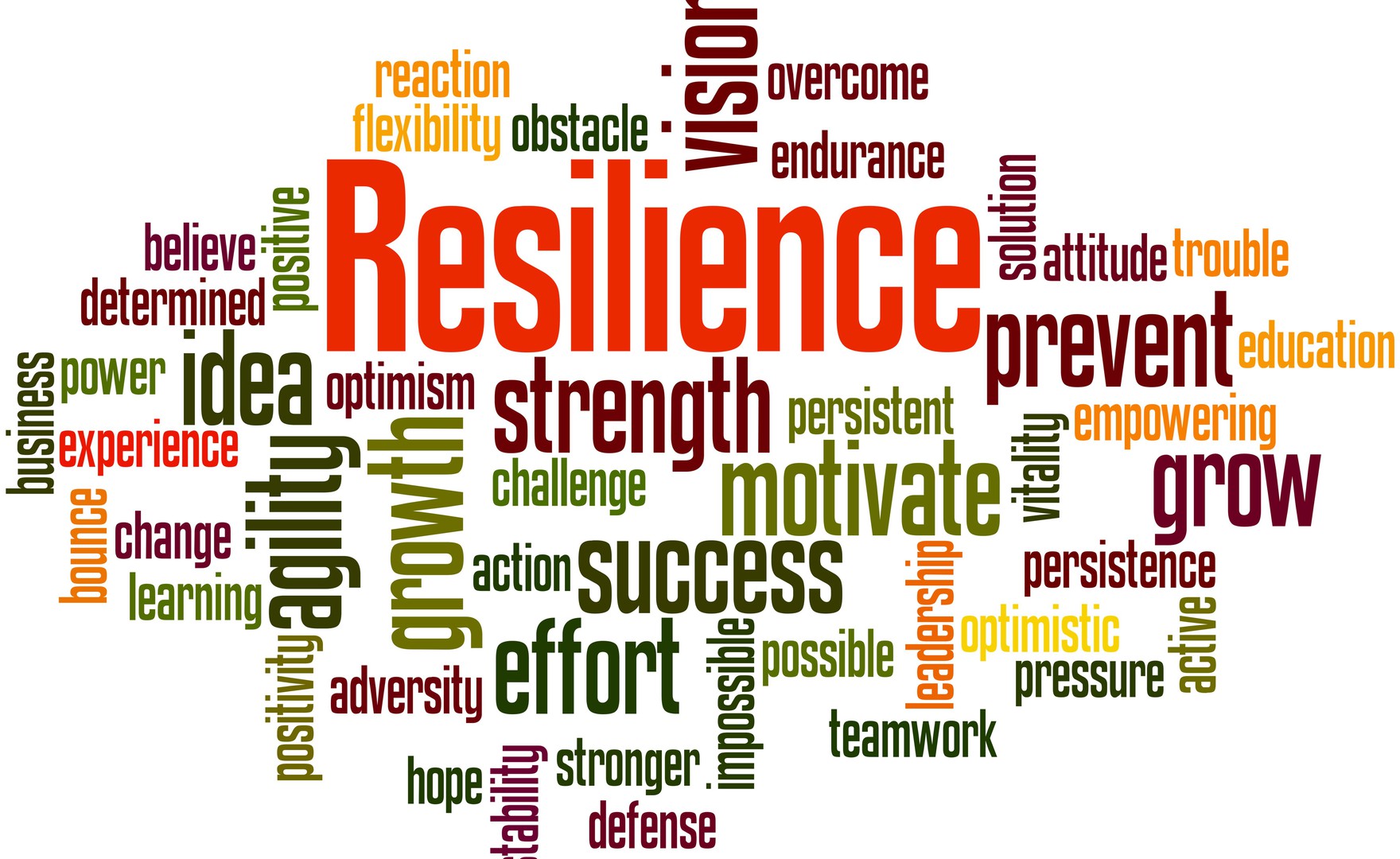The AoEC’s consultancy services are offered to organisations and feature a portfolio of tailored coaching based solutions and products that can serve to address a multitude of issues facing both large and small businesses today.
From Brexit to beyond – why organisations need resilience
10th September by Lee Robertson
Reading time 3 minutes

We’re on the brink of recession. Robots are going to steal our jobs. There’s a global skills shortage and Brexit has all but blown the lid off the Westminster pressure cooker.
These are just some of the worries organisations may have, both home and away, as we face unprecedented strategic challenges from political, social and economic upheaval. The world of work is being recast and necessitating the need for business leaders and organisations to show resilience and courage in the face of workplace and workforce change.
But what are the key attributes for organisational resilience, and does it start with the individual or at an organisational level?
What is organisational resilience?
Organisational resilience is defined by the BSI as ‘the ability of an organisation to anticipate, prepare for, respond and adapt to incremental change and sudden disruptions in order to survive and prosper.’
Put simply, resilience is a strategic objective for organisations and enables businesses to be more flexible, agile and stronger when faced with market pressures.
What are the challenges testing organisational resolve?
How long is a piece of string? The list of challenges sent to test the mettle of most organisations is best described as exhaustive and can stem from both internal and external sources.
Technological advances, economic volatility, political uncertainty, a shift in employee and stakeholder expectations and unabating competition are just some of factors contributing to these unpredictable times.
From the onset of the fourth industrial revolution to the prospect of a no-deal Brexit, a broad variety of issues are puncturing company confidence. Jobs are being impacted and budgets tightened as organisations brace themselves for the fallout.
What do leaders need to do?
Risk-free businesses do not exist and organisations that are risk-adverse could fall by the wayside. However, leaders do need to have clarity of thought and take rapid action to counter the threats they face.
Senior executives cannot rely on old leadership and management models if they are to assert control. All possible options need to be explored and that means adopting a flexible and adaptable leadership style where decision making is done in collaboration with others and employees are brought on the journey too.
How do organisations build resilience?
Resilience is both an individual and organisational capability, but there is no one off-the-shelf solution to fit specific needs.
After conducting research into business attitudes towards organisation resilience, the BSI in partnership with the Economist Intelligence Unit, has identified six key features of a resilient organisation which it recommends embedding into businesses:
- Proactive approach – are you prepared to adapt without being forced?
- Dynamic leadership – is there support top down to embed change?
- Responsiveness to change – are you listening to market and industry needs?
- Strong corporate culture – do you recognise and include your employees and their contribution?
- Keeping focused – do you have a clear purpose, vision and identity?
- The long-term view – how are you planning to avoid responding only to short-term financial goals?
The role of coaching in building organisational resilience
To achieve resilience, organisations need to be managed more effectively to remove silos, improve communication, clarify purpose and to improve processes.
A coaching approach can be used to prepare senior executives and managers to positively lead through times of change by avoiding crisis and staying in control of their workforce. Investing in continuous learning for employees also builds resilience by developing their abilities to promote innovation and diminish the prospect of failure holding them back.
Corporate cultures should be centred on embracing transformation with workers having job autonomy. Those working with risk and change are rewarded with the capability to meet challenges face on by identifying new opportunities that can be tied into strategic planning.
Conclusion
Employers need to cultivate resilience from the top right down to the bottom. A lack of skills and weak leadership are detrimental to achieving high resilience and often result in organisations being unable to unlock long-term growth. Business leaders need to identify where there are vulnerabilities within their organisations and put the correct measures in place to allow them to take action to become more adaptable and agile in the face of change.
Interview
Practitioner Diploma / “I wanted to extend my professional network outside of the education sector”
22nd April 2024 by Lee Robertson
Sam Jayasuriya is an accredited PCC coach and Somatic coach endorsed by the ICF and a certified mBit Coach, NLP…
Article
The Resilience Fundamentals: Excerpt from The Resilience Dynamic®
23rd January 2024 by Jenny Campbell
The fundamentals of resilience are not simplistic, but they are simple and deep. The Resilience Engine research shows three Top…
Article
Why personal resilience matters as a coach
17th December 2023 by Jenny Campbell
As an external or internal coach, does your personal resilience matter to your clients? Maybe you think it shouldn’t, especially…